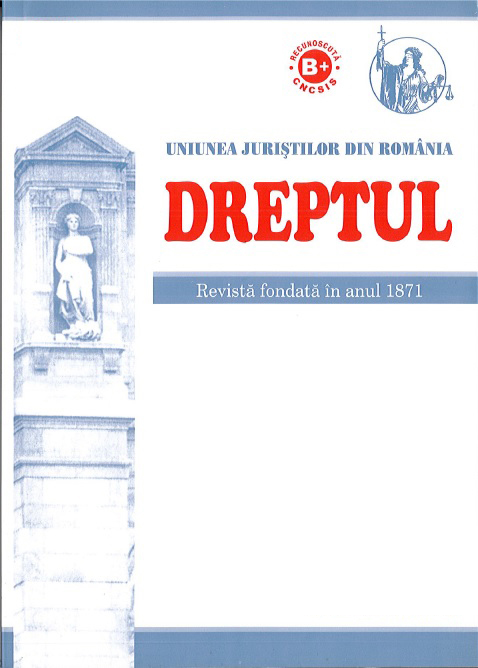An attack on a moral right must attain a certain level of seriousness in order to attract the
application of a sanction. When the exercise of a moral right, freedom of expression especially,
interfere with the exercise of some other moral rights, in order to determine if the right was exercised
with intention to harm or excessive and unreasonable, a fair balance exercise between two values
which may come into conflict must be carried out under the proportionality test: if there is a public or
private interest to justify the attain to the moral right of another person. In these cases, harmful
events can occur even without author guilt.
The application of national provisions which protects specific moral rights should not be used
solely to determine whether or not there is a violation of the rights of personality, to determine
whether or not the conditions of general tort law are fulfilled. The new national provisions can be
useful to determine the proportionality of the sanction, and even for establishing non-material
remedies when the specific conditions of general tort law are not fulfilled. There is a relationship of
complementarity, maybe even subsidiarity between general tort law and the specific remedies of civil
moral rights stipulated in the Civil Code. Conceptualizing moral rights regime by enactment of
statutory moral rights as „civil subjective rights” with specific remedies aims to achieve a better moral
rights protection. Essentially general tort law does not deny specific protection concided by
personality moral rights.
RELAȚIA DINTRE RĂSPUNDEREA CIVILĂ DELICTUALĂ ȘI DREPTURILE SUBIECTIVE NEPATRIMONIALE
15.00lei


